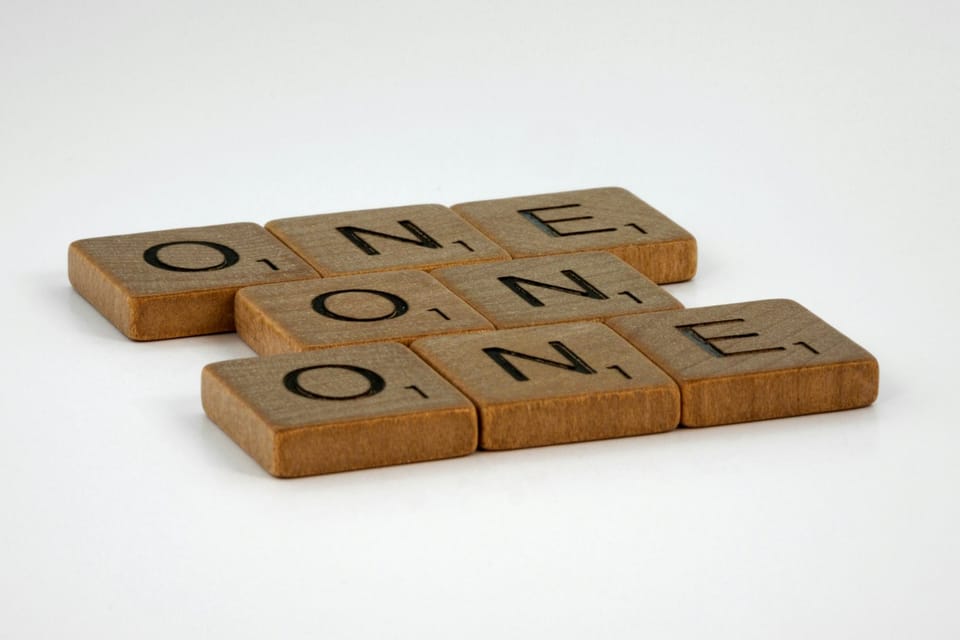In lieu of recurring 1-on-1s

One of my core values is using my time well. I find that having recurring 1-on-1 meetings makes this challenging. It's not that I don't like talking to others. In fact, my Google Calendar tells me that I spend an average of 20+ hours a week in meetings. My issue is with the commitment of a recurring 1-on-1. It feels like I have signed myself up for how 30-minute of my time will be used in perpetuity, without knowing if those 30 minutes are truly the best way to spend my time in the long run.
Saying no to a 1-on-1 once it is on my calendar is also a challenge for me. I worry that declining the meeting make the other person feel like they are not important or that their needs don't matter to me. As a result, I often catch myself resorting to a passive aggressive approach, either by shuffling the meeting around on my calendar or discretely changing it a less frequent occurrence. Alternatively, if I do decide to show up, I find myself feeling resentful during the meeting, knowing that I would rather be doing something else.
To address this issue, a few months ago, I decided to default to declining recurring 1-on-1s, and opt for ad-hoc meetings instead. Despite having over 20 hours of meetings a week, I generally find each one to be useful. I have limited my recurring 1-on-1s to less than 5 people – my manager, my mentors, and my mentees.
By reducing the frequency of recurring 1-on-1s, I've been able to create space to be highly responsive when people genuinely need me. It also means that other people don't need to feel like they should hold back information until our scheduled time. Additionally, no one has to feel obligated to meet with me if they don't want to, just because we have a 1:1 on the calendar.
To encourage people to chat with me, I created a Google Form with the questions below. I created meeting blocks during times outside my working hours and designated focus times, with a link to this form during those blocks.
When someone asks me for a 1:1, I now say something like, "I don't do recurring 1:1s by default. However, please feel free to use this form whenever and as frequently as you want to meet!"
My 1:1 Request Form
Schedule a 1:1 with me!
I prefer to schedule 1:1s ad-hoc, rather than having recurring meetings or office hours. This way, I can be more responsive to short-notice requests and we can find a time that works for both of us!
To schedule a 1:1, just fill out this form. I will get back to you within 2 working days to confirm the time.
If you don't hear from me within 2 days, please feel free to ping me to follow up! It means that something got lost in the shuffle, not that I am ignoring you :)
I look forward to chatting with you!
When do you need to meet with Julie? (Required)
- This week
- Next week
- In the next month
- This quarter
How much time do you need? (Required)
- 15 min (default)
- 30 min
- 45 min
- 60 min
What is the topic/meeting description? (Required)
If you'd like to chat for more than 15 minutes, please provide a link to an agenda.
Feel free to add anything else below! (Optional)
Results
Since implementing this back in September, I have received:
- 15 responses (2 from the same people)
- Most people request a meeting next week or next month
- 50% ask for 30 minutes, 40% ask for 15 minutes
People who I regularly work with will usually just reach out directly to schedule time together.
With this approach, I've probably reclaimed about 10 hours per week that I would normally spend on 1-on-1s. I also find that people I normally don't interact with will now reach out, just because that form is available. Overall, I feel much more in control of my time, and empowered to spend it on the things that I think are the most important to me.